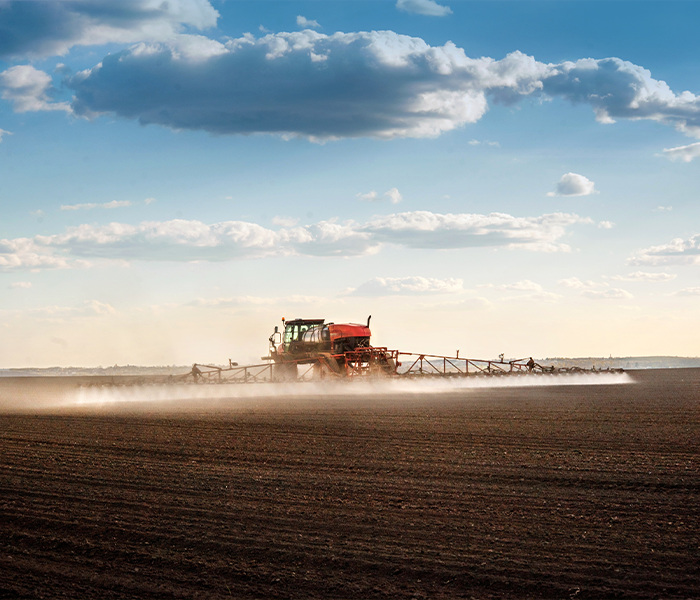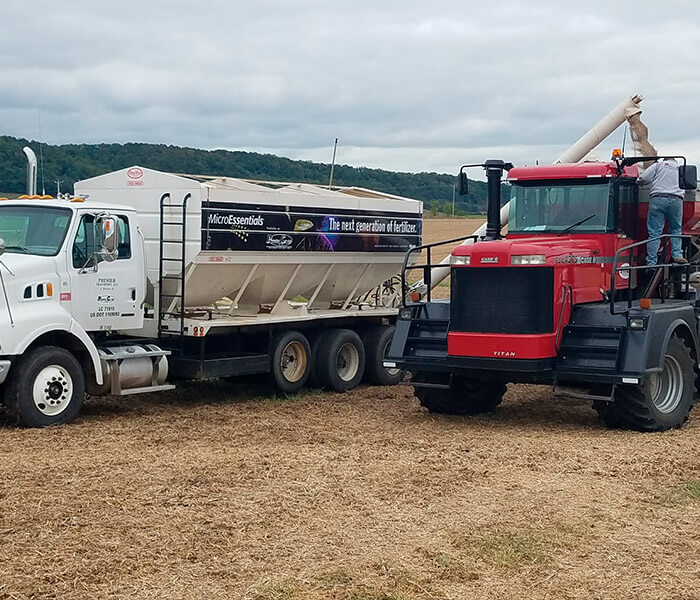Alfalfa Performance Starts With Disease Protection
A strong start to your alfalfa stand is important.
The soil environment that alfalfa is seeded into can mean success or failure for the stand. Management practices like seedbed preparation and soil fertility, can influence stand establishment. Soil borne diseases in the upper Midwest like Aphanomyces root rot and Anthracnose can also have a serious impact on your stand establishment and alfalfa productivity.
Stronger Seedlings And Healthier Roots
Bigger roots mean bigger yield potential. The combination of genetics in varieties such as CROPLAN® AA products have exceptional protection for healthy root establishment, especially in wet soils.
Healthy roots lead to a strong and extensive root system allowing for more water and nutrient uptake to support high yield potential, stand longevity, and a better chance of surviving during wet stress and tough winters.
Healthier Plants, Higher Yield, Higher Feed Quality
The combination of healthy roots and healthy stems lead to higher alfalfa yield potential. Below ground, alfalfa roots gather water and nutrients. Above ground, stems and leaves produce and transport plant energy to make valuable forage.
Diseases can limit these plant processes. An enhanced multi-pathogen disease package helps protect alfalfa stems and crowns that transport valuable plant energy. In addition, fungicides can help protect the leaves from numerous foliar pathogens.
Increased Stand Performance
Alfalfa plants with increased disease resistance have healthier roots. Healthy plants establish, produce, and persist better when compared to plants lacking the new enhanced multi-pathogen disease resistance features. Extensive root systems allow for the alfalfa plant to optimize water use especially when plants transition from too wet to too dry conditions.
The established extensive root system will be more efficient at capturing necessary nutrients and converting it into plant growth for increased yield potential. In addition, healthy plants have great ability to store carbohydrates to prepare for winter.
CROPLAN® AA products provide a unique combination of disease resistance to multiple pathogens. These benefits can produce greater bottom line profit potential, or a greater net return per acre to the alfalfa grower.
Use the form below to contact an agronomist and receive a detailed Croplan alfalfa guide.
Dennis Storandt
Crop Production Specialist





